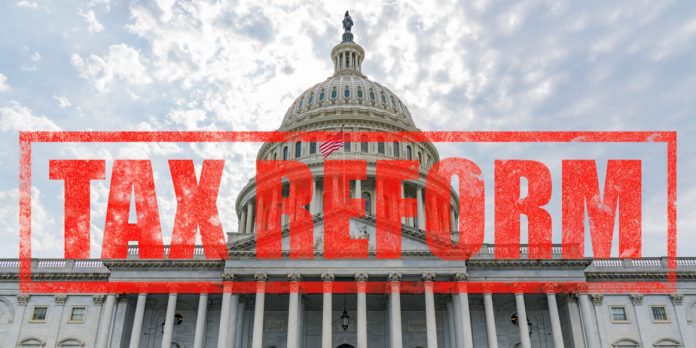The thorny issue of the US federal excise tax on sports betting is up for debate next week in the latest installment of the SBC Webinar series, with four principal experts drawn from the worlds of gaming, politics and law signed up to lead what promises to be a lively and insightful discussion.
Titled ‘Is it Time for Sports Betting’s Federal Excise Tax to Go?’, the webinar, organized in partnership with the Gaming Society of the Boyd School of Law at the University of Nevada Las Vegas, will take place on April 30 at 10.30am PT (6.30pm UK).
Anthony Cabot, Distinguished Fellow of Gaming Law, UNLV Boyd School of Law (MOD) is host, and he will be joined by Rep Dina Titus, US Congresswoman from Nevada; Vic Salerno, President, USBookmaking; and Bill Miller, President and CEO of the American Gaming Association (AGA).
First introduced with a hefty 10% tax on sports betting revenues, allied to a $50 occupational stamp for each person employed in sportsbook operations, the 70-year-old levy was highly effective in taxing bookmakers out of business. Of the 24 Nevada books that existed before the excise tax, only four continued operations after it was adopted. All 13 books in Las Vegas closed.
Reducing the tax to 2% in the early 70s evidently made sportsbook operating less prohibitive, and eventually the Nevada Gaming Commission allowed sportsbooks to return to casinos in 1975. The situation improved further in 1982 when Congress lowered the tax rate to .25%, spurring significant growth in the sportsbook industry, with 50 books operating in Nevada just two years later.
That tax rate still applies today, but while it is far less onerous than Congress’ original 10% levy, it remains a major challenge for market incumbents.
As Cabot explained: “If the house advantage on a sports wager is 5%, this means that this is an additional 5% tax on gross gaming revenue, which is in addition to state taxes. However, the high state and federal taxes on legal wagers have consequences on the ability of the legal books to successfully conduct business and compete with offshore illegal books that do not pay taxes.”
He added: “The question arises further as to why the federal government intends to use the excise tax to burden state-sanctioned sportsbooks when margins are already squeezed to excess. And, in doing so, they are effectively limiting the potential revenue for states to fund education and other vital public services.”
To register for the SBC Webinar ‘Is it Time for Sports Betting’s Federal Excise Tax to Go?’ click HERE.














